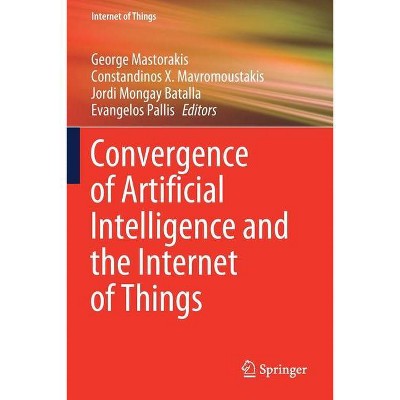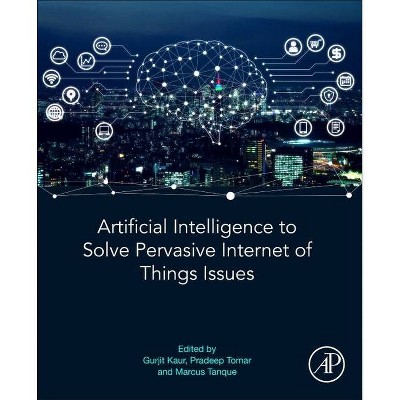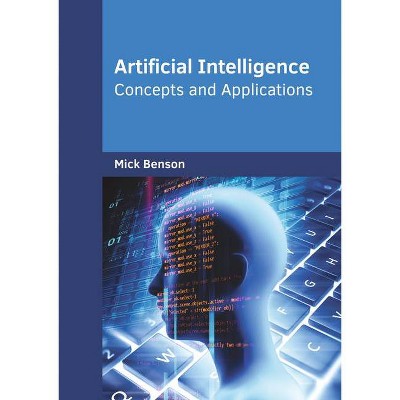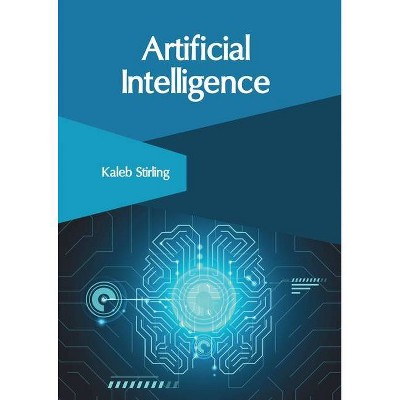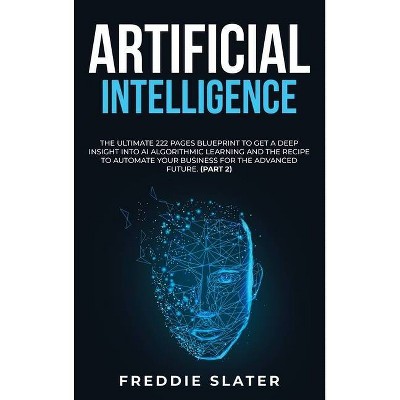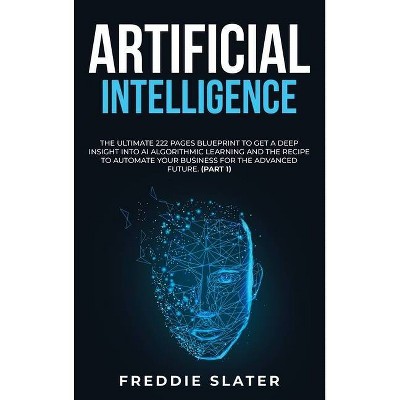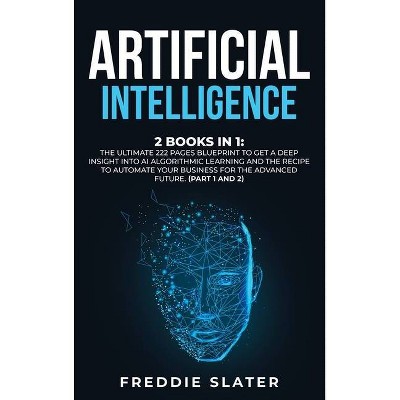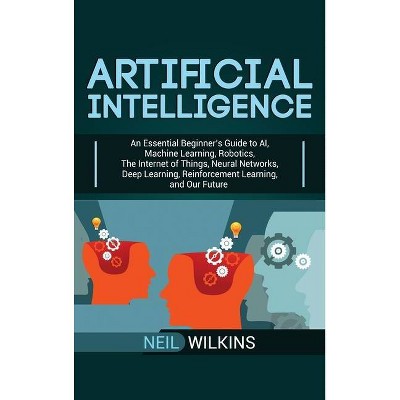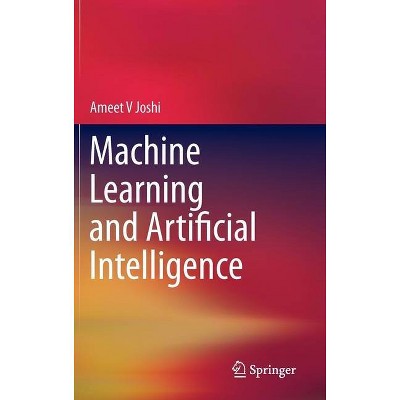Internet of Things and Artificial Intelligence in Transportation Revolution - (Hardcover)
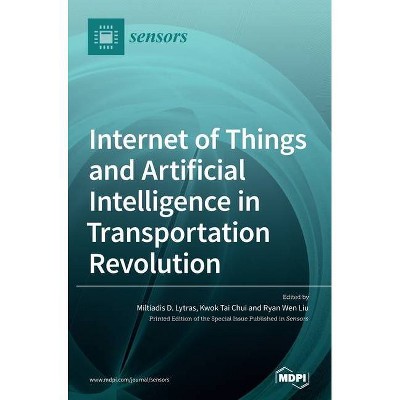
Similar Products
Products of same category from the store
AllProduct info
<p/><br></br><p><b> Book Synopsis </b></p></br></br><p>The advent of Internet of Things offers a scalable and seamless connection of physical objects, including human beings and devices. This, along with artificial intelligence, has moved transportation towards becoming intelligent transportation. This book is a collection of eleven articles that have served as examples of the success of internet of things and artificial intelligence deployment in transportation research. Topics include collision avoidance for surface ships, indoor localization, vehicle authentication, traffic signal control, path-planning of unmanned ships, driver drowsiness and stress detection, vehicle density estimation, maritime vessel flow forecast, and vehicle license plate recognition. High-performance computing services have become more affordable in recent years, which triggered the adoption of deep-learning-based approaches to increase the performance standards of artificial intelligence models. Nevertheless, it has been pointed out by various researchers that traditional shallow-learning-based approaches usually have an advantage in applications with small datasets. The book can provide information to government officials, researchers, and practitioners. In each article, the authors have summarized the limitations of existing works and offered valuable information on future research directions.</p>
Price History
Price Archive shows prices from various stores, lets you see history and find the cheapest. There is no actual sale on the website. For all support, inquiry and suggestion messages communication@pricearchive.us
